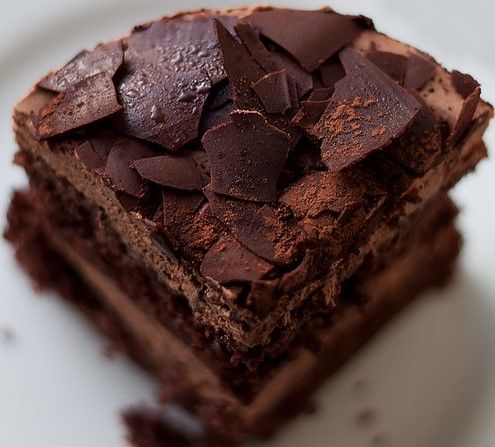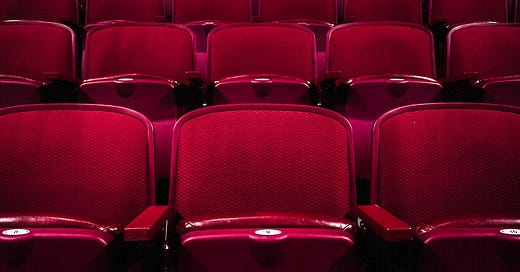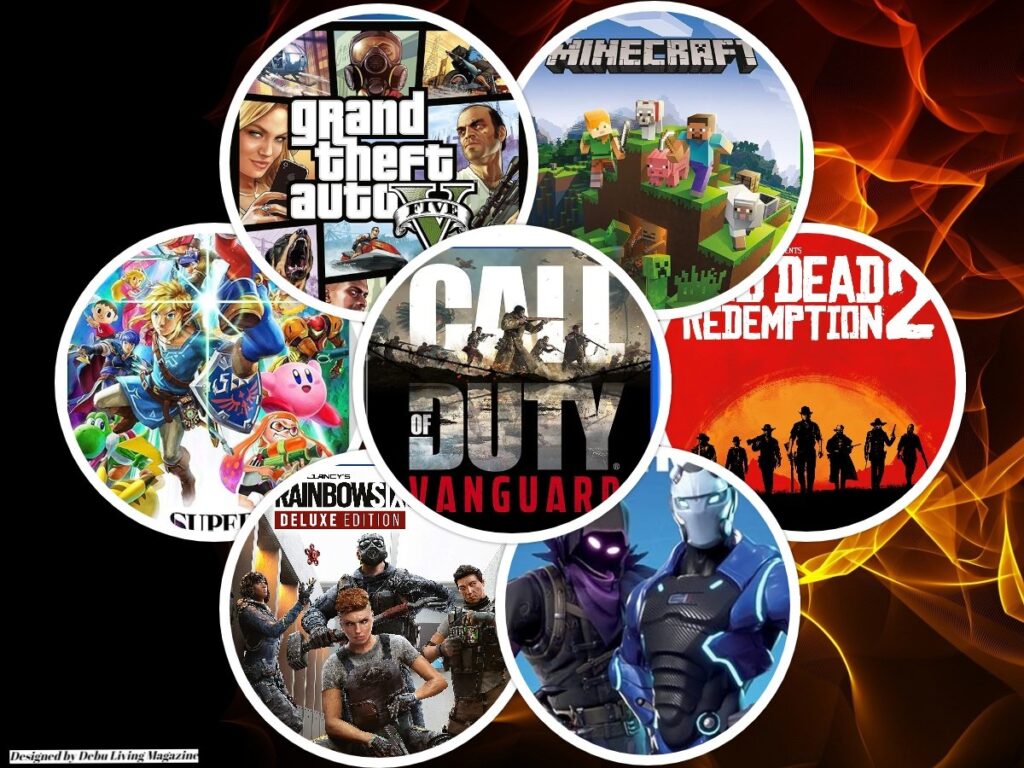“Raise your hand if you’ve developed insecurities for things you didn’t have in the past due to exceeded exposures on any of the following platforms: TikTok, Instagram, Snapchat, VSCO, or YouTube!” If this question was asked to students in their classrooms, I’m confident hands would fly up. We’ve all experienced the short-lived rush of scrolling through videos on God-knows-what while simultaneously avoiding things that are far more important like homework or chores. But is this brief pleasure worth the long-lasting side effects?
These social media platforms are taking the world by storm one vulnerable adolescent at a time. Billions of teens worldwide are constantly becoming exposed to a side of technology that is extremely harmful. Let’s consider the most popular of the Big 3 (TikTok, Instagram, Snapchat). Instagram earns a whopping 2 billion monthly tune-in from viewers across the globe. Sure, not all these people use Instagram for the same reason, but there is the confounding variable that some influencers on the app produce the kind of media that can manipulate young minds. Media such as photoshopped pictures, triggering content without warnings, and diet tips that go beyond healthy eating habits. Considering this, Instagram—like many other platforms—has become increasingly detrimental for teenagers/students today. This is especially considering how much time teens spend on their phones. Measures have gotten so extreme that social media is now being banned in countries like China and Russia; France recently passed legislation requiring anyone under 15 to refrain from using social media.
Platforms such as Instagram give people the opportunity to fine-tune themselves into a version that others are likely to approve of; you can be the best version of yourself. Now, there is nothing wrong with posting a filtered version of your life on the web for others to see, but there is something wrong with conditioning others to think that the result of such editing/face-tuning is the norm. As soon as influencers gain a platform big enough to reach a span of ages, more and more people subject themselves to the standards of others. Recent trends set forth by TikTok and Instagram users consist of “legging legs” –meaning a person only looks good in leggings if their thighs do not touch–, and “girl math” –a way of justifying a woman’s stereotypical spending/shopping habits by use of mathematical rules. These trends suggest that everyone values the same items and has the same idea of what beauty is. “Leggings legs” may remind some of the term “bikini body” which is just another discouraging, flagrant suggestion of what the beauty standard is. These words urge the idea that you must look a certain way if you want to be viewed as pretty or socially acceptable. And the only reason these trends reach as many people as they do is because of social media. Sure, the grapevine exists, but word-of-mouth doesn’t cover nearly as much ground as technology does, nor as quickly. It’s no question that something must be done to stop this facade.

Recent rumors-turned-fact about the banning of TikTok have surfaced, and people are not happy about it. Just last month, the U.S. House of Representatives passed a bill requiring TikTok’s parent company ByteDance—operating in China—to sell TikTok or else it will be banned on American phones. The main reason behind this is a threat to national security. There’s talk of Chinese Communism and a whole lot of other complications that teens just don’t want to hear about when discussing some of their favorite pastimes on an app. Because teens have gotten addicted to TikTok, they ignore the “national security” part of the banning guidelines and focus solely on the “ban” part. In teens’ minds, ban means take away something, but in this sense, it’s being done to help us—which some have argued is hearsay, but we’ll let the lawyers handle that.
Despite all the harmful exposure TikTok has thrust upon youth, they cling to it as their only possession in this world. But would removing such a large, stress-inducing stimulus as this one from young people’s lives be so bad? This is an entirely different discussion and will be tabled. However, removing an app that provides an outlet for people to make videos that are harmful to people’s mental and physical health should be considered. It’s also worth mentioning that this is not the first time TikTok has been caught in the crossfires of a ban threat.
You may be hard-pressed to find people who admit to being happier before social media was a part of

their lives, but there are many out there who’d attest to such a claim. Try this quick exercise for a minute and see if you fall under the category of people who were happier without social media. I want you to imagine a big piece of chocolate cake, or any kind of dessert that’s particularly appealing to you. Now, compare how your 5-year-old self would react to being handed this dessert and how you today would react to being handed this dessert. If you’re like most people, you’d imagine your five-year-old self throwing their hands in the air, completing every last-ditch effort to snag that dessert from the hands of whoever is presenting it. But today, you may hesitate before gobbling it up. In my limited experience, my five-year-old self wasn’t thinking about how many calories were in a small sliver of that cake, or how my stomach would distend after I’d eaten it. The only thing five-year-old me cares about is how quickly I can get that cake in my tummy. But now, I’d weigh the calorie intake of each slice, and then combat how many calories I’d restrict myself to after such a large quantity of them. I most likely wouldn’t allow myself to have any kind of sweet/sugary treat for at least a few days after eating that cake. Now, the reasoning behind this switch in attitude toward cake or dessert could be a multitude of things, but I’m willing to bet a handful of responses would include the influence of others on social media.
If you can count on your fingers how many “How to lose weight fast” or “How to get abs in a week” videos you see on social media, I applaud you, because I can’t. The amount of exposure people have to videos suggesting that a person’s weight or appearance defines them is absurd. This brings me back to the cake exercise. Five-year-old you didn’t have TikTok; they had no access to social media apps telling them how many calories they should ingest to stay healthy and feel better about their bodies. But now you have that resource in the palm of your hand, and as you reinforce the indulgence of those videos, you’re more likely to believe what the people are saying.
Repeated exposure to such themes, like worrying about calories, will make it easier to identify them in your life. It’s gotten very easy for me to turn down a snack because the girl on my For You Page said I should cut down on it if I want to look good this summer. All of this is to say that we were happier without social media. All the world was made of bright green trees, we couldn’t wait for a parental figure to call out, “Time for dinner!”, and sleepovers were a privilege not a right. When picking out bathing suits, all we cared about was which one had the funkiest colors and we never turned down ice cream after a hot summer day. We played outside, laughed harder, and weren’t thinking about how our shirts fit around our arms or how our pants hugged our hips. Times were simpler.
It’s true that social media has become a place for people to express their feelings in a cathartic way; many have found solace in specific influencers who make them feel seen and valued. I personally enjoy the content that Lexi Hidalgo, Brittny Broski, and Spencer Barbosa post. But it’s equally true that many social media platforms have magnified what people feel are their least desirable qualities. As soon as people are given a platform to speak their minds without filtering what they’re saying, the truth comes out, and others may feel subjected to that truth. When this happens, other’s insecurities may become your own. It’s not absurd to suggest that without social media, people wouldn’t recognize as many “faults” in themselves or others as they do now.
So, going back to the big bad TikTok ban, we shouldn’t jump to conclusions that it’s the worst thing to happen, especially for Gen-Z, instead we should look at the benefits. If we remember what times were like before social media, and how they are now, it can be easily identified how we as a society and our practices/preferences have changed. I now ask, would you be happier without the pressure of pleasing those on social media? And if you don’t use social media for this reason, can you think of more than five ways it makes your life substantially better? Ponder that before you immediately rule out social media bans as destructive motives of a higher power.
Sources:
Countries banning social media: https://time.com/6139988/countries-where-twitter-facebook-tiktok-banned/
Instagram statistics: https://backlinko.com/instagram-users
TikTok banning: https://time.com/6952889/tiktok-ban-freedom-of-speech-essay/







